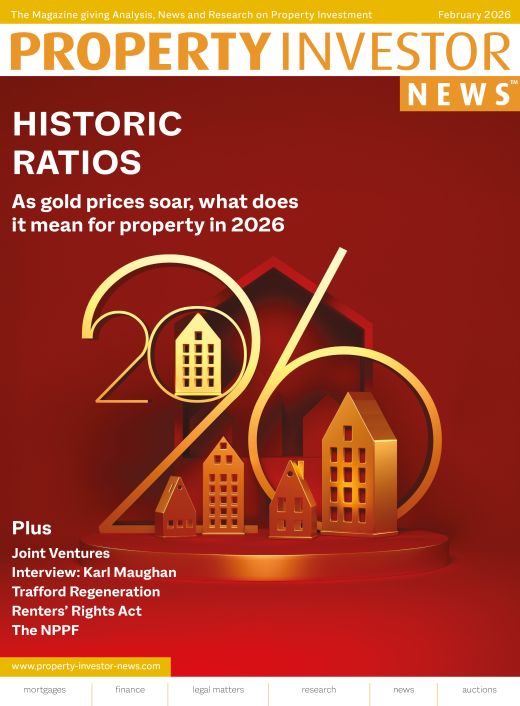The Court of Appeal has recently given judgment in an interesting decision on s13 rent increase notices under the Housing Act 1988. These are used to increase the rent in periodic tenancies. It is possible for landlords and tenants to agree increases between them but the statutory process is there if no agreement can be reached.
It is important to point out that agreement on a rent increase means a genuine agreement. Too often landlords have simply told the tenant that a rent has been increased and then the tenant has paid the increased rent. There is now some doubt as to whether an increase done in this way does constitute an agreement.
Section 13 notices have a prescribed statutory form and also require that the tenant is given notice of the increase. The requirement is that the notice must be for at least one month and must also expire on the next day the rent is due. During that same time period the tenant is able to take the matter to the First Tier Tribunal (FTT) to say that the rent increase is excessive. If they do not go to the FTT before the date in the notice then the increase comes into effect automatically.
One of the unanswered questions in all this is what happens if the notice is defective in some way (for example the date is wrong) and the tenant does not take the matter to the FTT. In that case, does the rent increase take effect anyway?
This is the question the Court of Appeal has answered. In this case the landlord had increased the rent. The rent was required to be paid weekly on a Monday and the notice should have expired on that day of the week. However, the tenant had fallen into the habit, for various unimportant reasons, of paying on a Friday and so the landlord dated the s13 notice to expire on a Friday. The tenant refused to pay the increase and the landlord commenced.















